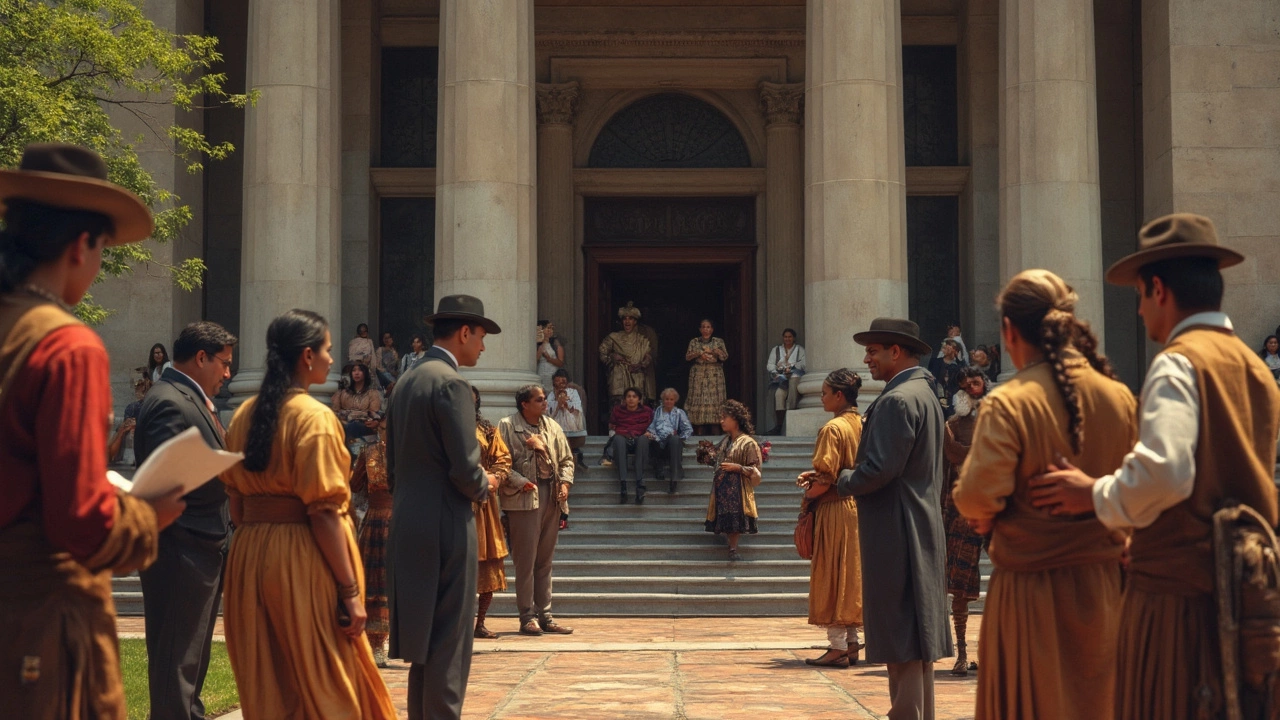Virginia Court System Made Easy: What You Need to Know
If you’re looking at a case in Virginia, the first step is to know which court handles it. The state has a three‑tier system: General District Courts, Circuit Courts, and the Supreme Court of Virginia. Each level deals with different types of cases, from small claims to serious felonies.
General District Courts are the entry point for most everyday matters. They hear traffic tickets, landlord‑tenant disputes, and civil claims up to $25,000. You don’t need a lawyer to appear here, and the process is designed to be fast and inexpensive.
Circuit Courts sit above the General District Courts. They handle bigger civil cases, family law matters like divorce, and criminal cases that can lead to jail time. If your divorce is contested or involves complex property issues, you’ll end up in a Circuit Court.
How to File for Divorce in Virginia
Divorce is a common reason people visit the Virginia courts. The state lets you file either a no‑fault divorce (irreconcilable differences) or a fault‑based divorce (adultery, cruelty, etc.). Most people choose the no‑fault route because it’s simpler and quicker.
Start by filling out the “Complaint for Divorce” form, which you can download from the Virginia Judicial System website. Submit it to the Circuit Court in the county where you or your spouse lives. If you qualify for a fee waiver, you can file for free—just file a “Statement of Inability to Pay Fees” with supporting documents.
After filing, the court will set a temporary hearing to decide issues like child support and spousal maintenance while the case moves forward. If both parties agree on everything, you can go for an uncontested divorce, which often wraps up in a few months.
Free Legal Help and Resources
Not everyone can afford a private attorney, but Virginia offers several free options. Legal Aid Society of Virginia provides assistance for low‑income families, especially in family law cases. Many counties also have self‑help centers where staff can guide you through forms and procedures.
For those who prefer online help, the Virginia Courts website has a Self‑Help Center with step‑by‑step tutorials on filing divorce papers, requesting fee waivers, and understanding court orders. You can also watch short videos that break down each part of the process.
If you need a lawyer but can’t pay full price, consider a pro‑bono program. Some law schools run clinics where supervised law students handle real cases at no cost. It’s a win‑win: you get help, and students get experience.
Finally, keep track of your case using the online docket search. Just type your case number into the portal to see upcoming dates, filed documents, and court orders. Staying updated saves you from missing a deadline and incurring extra fees.
Understanding the Virginia court system doesn’t have to be confusing. Whether you’re filing a small claim, navigating a divorce, or looking for free legal assistance, the steps are clear once you know where to start. Use the resources mentioned, follow the forms, and you’ll move through the process with confidence.

Where Are Civil Cases Heard in VA? Essential Guide to Virginia's Civil Courts
Trying to figure out where a civil case gets heard in Virginia? This article breaks down the court options based on what’s at stake—money, property, or more. Learn how the court locations, processes, and limits can affect your case. Get tips on paperwork, what to expect in the courtroom, and why choosing the right court makes a real difference. Here’s how to navigate Virginia’s civil court system without getting lost.